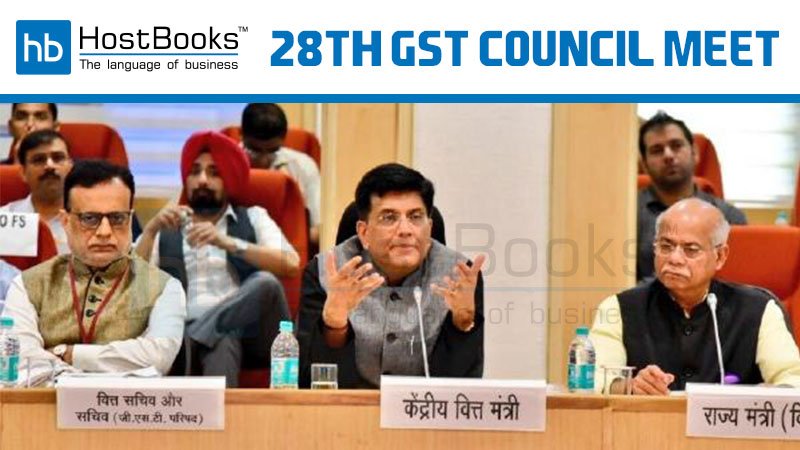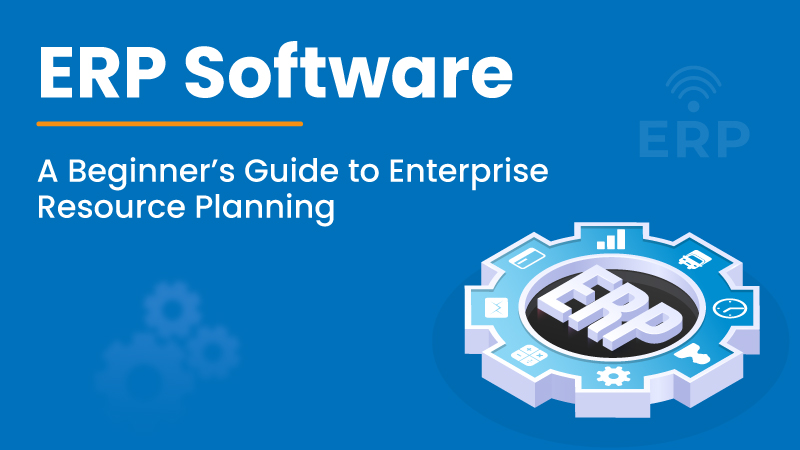Major Takeaways from the 28th GST Council Meet (New Delhi)

Source: GST Council
The 28th GST Council Meeting was held on July 21st, 2018 in New Delhi. The meeting was chaired by Union Minister of Railways, Coal, Finance and Corporate Affairs, Mr. Piyush Goyal. The tax rates have been revised as a number of items have found a place in the lower tax slabs as against the highest tax slab of 28%.
This GST meet was indeed a source of respite for the traders who were earlier finding it difficult to deal with the new indirect tax regime. Reason being, the traders with a turnover ₹ 5 crores or more will now deposit GST tax on a monthly basis and will file monthly returns.
Now, let’s take a look at the major recommendations by the GST Council.
-
- Amendments have been made in the GST Rate List for several goods, services, and also for specified handicraft items.
- The GST return filing process will be simplified as all the taxpayers excluding the small ones will have to file one monthly return with two simple tables. One would be for outward supplies and another for availing the ITC on account of invoices uploaded by the supplier. This will simplify the process to a great extent and would be UPLOAD-LOCK-PAY for maximum cases.
- If a taxpayer has multiple places of business in the same state or UT, he may opt for multiple registrations within a state or UT.
- The e-commerce operators who are supposed to collect tax at source are required to get themselves mandatorily registered.
- The taxpayers would soon be able to file NIL GST return via SMS.
- The registration threshold limit for the states of Assam, Arunachal Pradesh, Himachal Pradesh, Meghalaya, Sikkim, and Uttarakhand to be increased from ₹ 10 lakhs to ₹ 20 lakhs.
- The below-mentioned transactions are to be treated as “No Supply”:
- Supply of goods from a place in the non-taxable territory to another place in the non-taxable territory without such goods entering into India;
- Supply of warehoused goods to any person before clearance for home consumption; and
- Supply of goods in case of high sea sales.
- Composition dealers to be allowed to supply services (other than restaurant services), upto a value not exceeding 10% of turnover in the preceding financial year, or ₹ 5 lakhs, whichever is higher.
- The scope of Input Tax Credit (ITC) is being widened, and it would now be made available in respect of the following:
- Most of the activities or transactions specified in Schedule III;
- Motor vehicles for transportation of persons having a seating capacity of more than thirteen (including the driver), vessels and aircraft;
- Motor vehicles for transportation of money for or by a banking company or financial institution;
- Services of general insurance, repair and maintenance in respect of motor vehicles, vessels and aircraft on which credit is available; and
- Goods or services which are obligatory for an employer to provide to its employees, under any law for the time being in force.
The order of cross-utilization of ITC is also being rationalized.
- Levy of GST on reverse charge mechanism on receipt of supplies from unregistered suppliers, would be applicable to specified goods only in case of certain notified classes of registered persons.
- Consolidated debit/credit notes can be issued by registered person for multiple invoices issued in a financial year.
- Registration to remain temporarily suspended while cancellation of registration is under process, so that the taxpayer is relieved of continued compliance under the law.
- Amount of pre-deposit payable for the filing of appeal before the Appellate Authority and the Appellate Tribunal to be capped at ₹ 25 Crores and ₹ 50 Crores respectively.
- In case the recipient fails to pay the due amount to the supplier within 180 days from the date of issue of invoice, the Input Tax Credit availed by the recipient will be reversed, but the liability to pay interest is being done away with.
- Commissioner to be empowered to extend the time limit for return of inputs and capital sent on job work, upto a period of one year and two years, respectively.
- The taxpayers who applied for migration but somehow couldn’t complete the migration process can continue working on the same with the migration window opened till August 31st 2018.
Hoping that these amendments or changes initiated by the GST Council would simplify GST especially for those who still term it as a distress.

Try HostBooks
SuperApp Today
Create a free account to get access and start
creating something amazing right now!
















